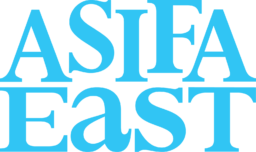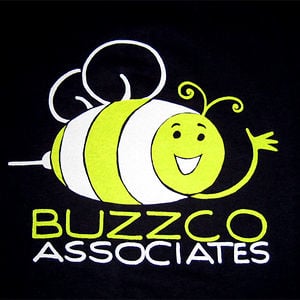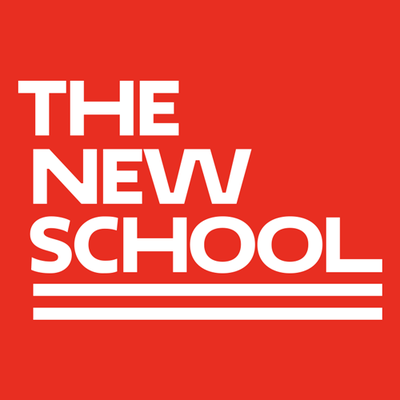Steven Zelin Talks Taxes
It’s not often you are treated to live music at an ASIFA-East event, and it makes it doubly special that our special guest was not only a talented song-writer but a fully certified CPA at that! Introducing, Steven Zelin, the Singing CPA! Steven has been speaking and singing at our annual Taxes for Artists for three years running now.
Steven is a certified public accountant with a unique gift for creating compelling song parody on what is often a mundane topic. Opening the night with “If You Don’t Like Paying Taxes (Clap Your Hands)”, and “When You’re Filing”, Steven discussed deductions for freelancers, retirement planning, the importance of record keeping, estimated taxes, and the MCTMT tax. One of those deductions is health insurance. The majority of freelancers and small business owners do purchase their own health insurance. As a Sole Proprietor or a Single Member LLC, this is deductible as an adjustment to your adjusted gross income on your individual 1040 tax return. Cobra payments count as well. What else is deductible? Specifically things that are business related. Things like travel, phone/communication, accountant fees, professional dues and memberships (like ASIFA-East’s dues), business meals and entertainment, automobile expenses, office supplies, Internet, computer equipment and software, postage, and your home office.
Steven recommends having an IRA, SEP, and/or 401K, and if your employer matches your contribution – you should definitely take advantage of the FREE money by contributing the max amount.
The MCTMT stands for the Metropolitan Commuter Transportation Mobility Tax. Freelancers and small business owners fall under those that are subjected to this tax. The tax applies if your net earnings from self-employment exceed $10K for the 2011 tax year. This tax was changed for the 2012 tax year to apply to income exceeding 50K.
A good rule of thumb is to keep your records on hand 7 years from when you file. Steven suggests making use of scanning technology or services that scan and keep your receipts on file electronically. He is also a strong advocate of reconciling your bank accounts and keeping track of what’s going in and out.
The IRS requires that taxes be paid on money as it is earned. For those of us paid with checks that have no taxes taken out – complying with this rule means that we must file estimated taxes quarterly throughout the tax year. Those due dates are 4/15, 6/15, 9/15, and 1/15. It’s a good idea to have a business bank account and to use this account to deposit all your business checks. To open a business bank account, you need an Employer Identification Number (EIN). If you are a full-time freelancer, you are in essence a Sole Proprietor and can open your own business bank account. However, unless you are a LLC or S-Corp, I would avoid trying to open one at an international bank like HSBC. They have different reporting requirements and will not work with Sole Proprietors unless they have a registered DBA. Instead, I would go with a local bank. For one, you avoid the long lines at the teller, and two, you are treated better because they want to support local enterprise. Once you have a business checking account, a good way to save for estimated taxes is the following: Deposit each business check into your business checking account. Leave a good third of each check in the account, and pay yourself the rest. That third of each check is what you set aside to pay your taxes each quarter.
Some examples of good accounting and tax software include Quicken, QuickBooks, and TurboTax. I will also put forth a solid endorsement of Freshbooks, as an Online Invoicing, Accounting, and Billing software. It’s amazing for keeping track of expenses, and invoicing, and it’s perfect for freelancers and small business owners. QuickBooks has an online system as well. Both options do have a monthly fee, so it may be something to wait on until you’re a full-time freelancer or business owner. Until then, you may find this Excel spreadsheet helpful. It allows you to enter the expenses by category, and tallies them up at the end. It’s for musicians but you can change the categories to your professional needs. I’ve been using that for the last couple of years to keep records, and just recently graduated to Freshbooks. Here is an income-tracking sheet that might be helpful as well.
Midway through the event, Steven performed “The Accountant” (to the tune of the gambler). He closed with “Filled Out Every Form” and then wowed us with a rousing duet of “Suddenly Steven” (to the tune of Suddenly Seymour) with Lisa Bridges. He answered questions throughout the night and coverage of taxes was very comprehensive. It was a fun and amazing night and the duet was a jaw-dropper. I really wish I had a camcorder on hand for that one. It’s his newest song and I highly encourage him to record it to CD.
Internet Resources:
www.irs.gov: Excellent site with special section for the self-employed
www.dudewheresmyrefund.com: Bodacious site to check the status of your refund
For information about Steven Zelin, the Singing CPA please contact:
Steven Zelin, CPA
450 Seventh Avenue, Suite 1500 (bw 34th and 35th Street)
New York, NY 10123
877-DEAR-IRS
www.theSingingCPA.com
theSingingCPA@gmail.com
Click here to listen and buy Steven’s music.






